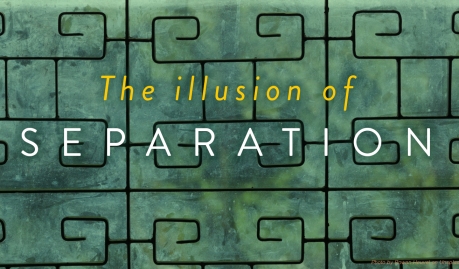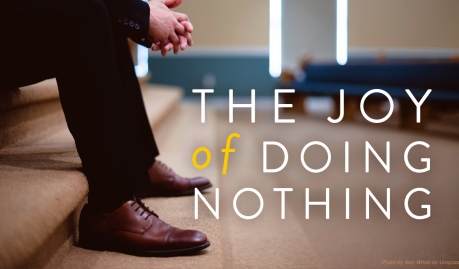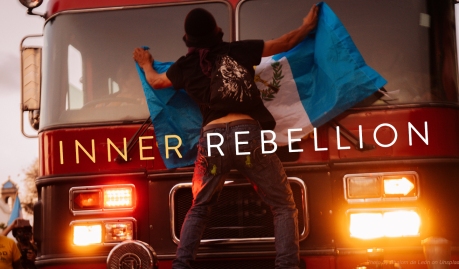I was shooting a series of five TV commercials, about 20 years ago, with Giuseppe Tornatore, the famous director of Cinema Paradiso. We had carefully casted around for the many parts in the films, and had all been flown to Barbados; all together we were about 50 people, actors, people from my advertising agency, cameramen, lighting experts, and people from the production agency. It was quite the production, the costliest in Italian history.
On the very first day of shooting, we had the protagonist, a child, playing virtual chess in his modern house against a Japanese opponent, sitting on the other side of the globe with a city behind her. We had cast a lovely Japanese girl for the part, but when the time came for her to start losing the game (and to look unhappy), she just couldn’t do it. She was in such a good mood, she just kept smiling.
After 4 or 5 takes, the director called for a break and came over to the actress. “I guess we’ll need another actress here,” he said. He then called out to the room, “Let’s see who else we have for the part.”
I saw a few people scurrying around, and I saw how crestfallen the actress had suddenly become. Since I knew that we hadn’t brought over any “second options” for the part, I sat down and tried to console her.
“He can’t just fire you like that,” I told her. “These are group decisions, let me see if I can’t convince him to change his mind.”
The director saw me talking to her and immediately called out. “Hey T-, get away from her.”
I got up slowly, unsure of myself, and went over to where my partners from the agency were sitting. For some reason, no one said anything about the girl. They were unhappy with me.
A few minutes later, the director said, “Let’s try this again,” and the actress, now distraught at the idea of being replaced, acted the part of the worried chess player perfectly. It took only one take.
Now, I must admit that this event seared itself into my head for years and years. I couldn’t believe how relaxed everyone had been about how heartlessly the director had messed with this poor girl’s feelings. Yes, he had gotten the take he wanted, and had probably saved the client a lot of money… but was it okay to just manipulate people like that, for your own personal gains?
I couldn’t get it out of my head. Was I being overly sensitive?
Cut to twenty years later, when I was talking with my friend Zandra. Zandra was crying because a friend of hers in Africa was having an operation and was very scared. And as I let her sadness wash over me, I understood, maybe for the first time, that what was supposed to happen here was that I was being asked to Let People Suffer. Would I be able to just… let that happen? Wouldn’t that be cruel?
I just didn’t want it. I didn’t understand it. I thought it was unfair. I don’t want it. I don’t understand it. It’s unfair. These tapes played over and over in my head. Then I just cut the ribbon.
I had held this view for so long – that suffering was unfair – but it really didn’t matter what I thought, did it? I mean, people were suffering anyway. And, come to think of it, I knew a lot of people for whom suffering a Great Teacher. Words and warnings had not helped.
So maybe, for me to think that people didn’t need to suffer had been naïve on my part. Who was I to come in with my opinion of how things should go… to come in at the last minute and tell the Universe how to run the show? It had obviously prepared the terrain with great care. We all need to be corrected sometimes… and I guess this means sometimes we have to suffer.
Even I… I had had to suffer. And I had to admit, suffering had helped me wake up from certain illusions. “Waking up” would be a good reason to suffer, then… wouldn’t it?
Hmm, maybe all this time I was simply learning to let myself suffer. And to be okay with that.





















